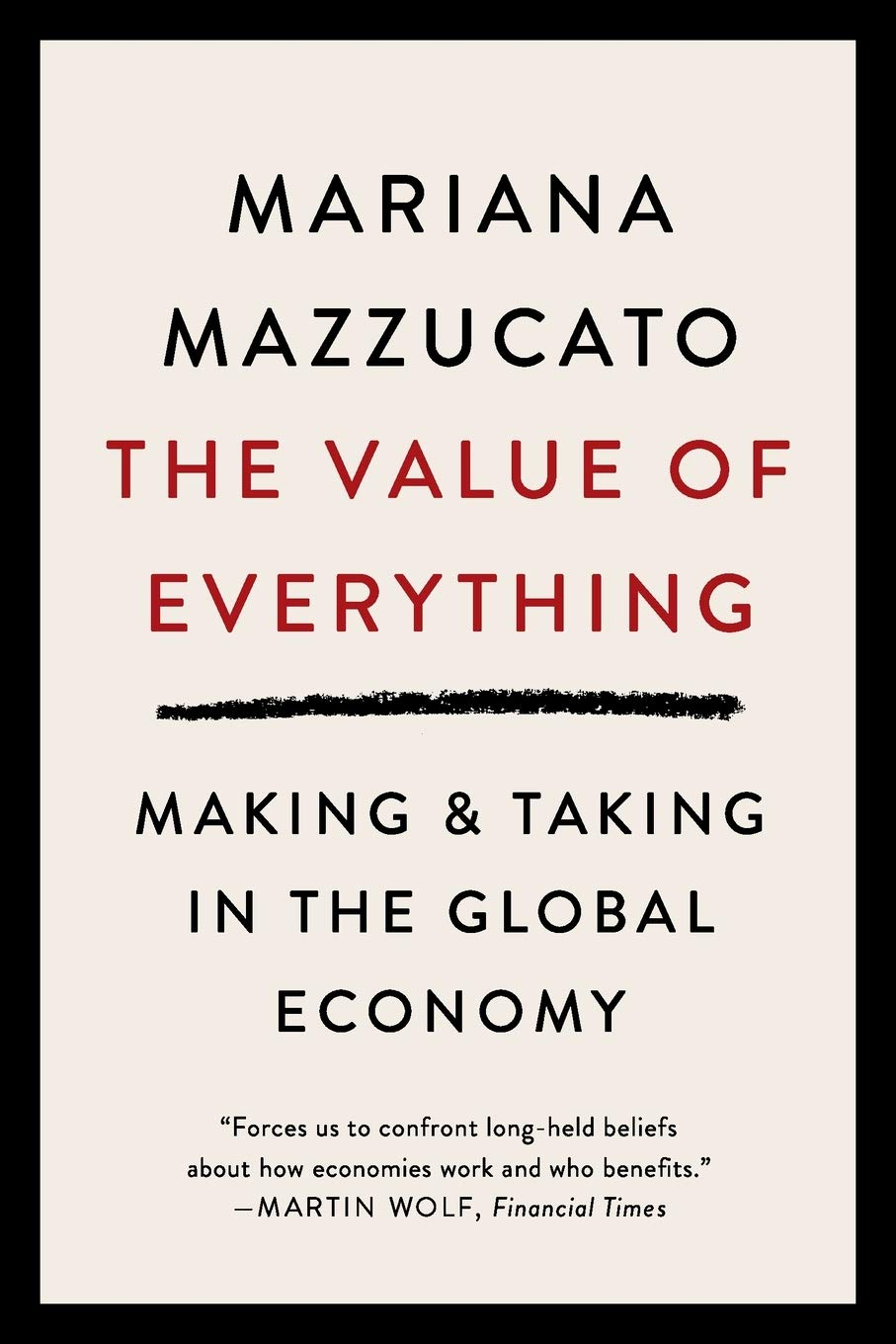256 pages
English language
Published Nov. 11, 2019 by Penguin Books, Limited.

256 pages
English language
Published Nov. 11, 2019 by Penguin Books, Limited.
WINNER OF THE 2019 MADAME DE STAËL PRIZE AND THE 2018 LEONTIEF PRIZE FOR ADVANCING THE FRONTIERS OF ECONOMIC THOUGHT
SHORTLISTED FOR THE FT & MCKINSEY BUSINESS BOOK OF THE YEAR 2018
Who really creates wealth in our world? And how do we decide the value of what they do? At the heart of today's financial and economic crisis is a problem hiding in plain sight.
In modern capitalism, value-extraction is rewarded more highly than value-creation: the productive process that drives a healthy economy and society. From companies driven solely to maximize shareholder value to astronomically high prices of medicines justified through big pharma's 'value pricing', we misidentify taking with making, and have lost sight of what value really means. Once a central plank of economic thought, this concept of value - what it is, why it matters to us - is simply no longer discussed.
Yet, argues Mariana Mazzucato …
WINNER OF THE 2019 MADAME DE STAËL PRIZE AND THE 2018 LEONTIEF PRIZE FOR ADVANCING THE FRONTIERS OF ECONOMIC THOUGHT
SHORTLISTED FOR THE FT & MCKINSEY BUSINESS BOOK OF THE YEAR 2018
Who really creates wealth in our world? And how do we decide the value of what they do? At the heart of today's financial and economic crisis is a problem hiding in plain sight.
In modern capitalism, value-extraction is rewarded more highly than value-creation: the productive process that drives a healthy economy and society. From companies driven solely to maximize shareholder value to astronomically high prices of medicines justified through big pharma's 'value pricing', we misidentify taking with making, and have lost sight of what value really means. Once a central plank of economic thought, this concept of value - what it is, why it matters to us - is simply no longer discussed.
Yet, argues Mariana Mazzucato in this penetrating and passionate new book, if we are to reform capitalism - radically to transform an increasingly sick system rather than continue feeding it - we urgently need to rethink where wealth comes from. Which activities create it, which extract it, which destroy it? Answers to these questions are key if we want to replace the current parasitic system with a type of capitalism that is more sustainable, more symbiotic - that works for us all. The Value of Everything reigniteS a long-needed debate about the kind of world we really want to live in.